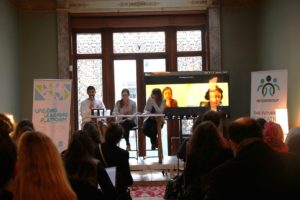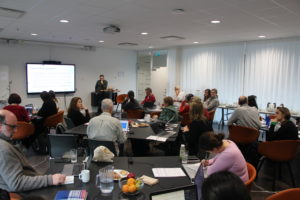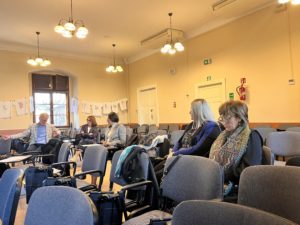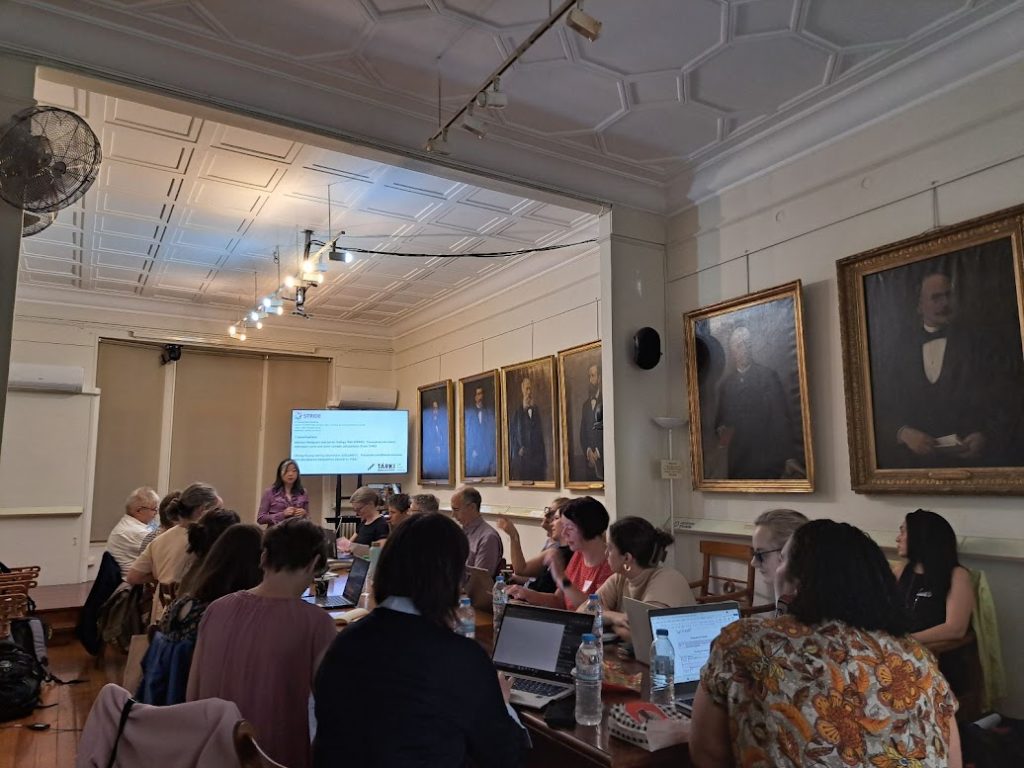The Democrat Project: Education for democracy
To reinforce the resilience and sustainability of democracy, the HORIZON 2023 Democrat project (2023-2026) aims, through a participatory process, to design and pilot innovative Education for Democracy (EfD) curricula grounded in a framework of Responsible Democratic Competences, test them in locally rooted, open learning initiatives, and create a practical toolbox to support the spread of transformative EfD practices across the EU and beyond.
The project brought together partners from eight European countries, including universities, research institutes, and humanitarian organisations. The key partners included Universitat de Barcelona (Spain) as coordinator, Dublin City University (Ireland), Eucen (Belgium), Foundation for Global Governance and Sustainability (Belgium), University of Helsinki (Finland), Parents International (The Netherlands), Notus Applied Social Research (Spain), Tallinn University (Estonia), Jagiellonian University Krakow (Poland), and the Hochschule Düsseldorf (Germany). These diverse teams worked together to explore curricula and learning approaches to enhance Education for Responsible Democratic Citizenship in compulsory schools.
The Democrat project seeks to reinforce liberal democracy across the European Union by embedding it more deeply and sustainably within education systems. It does so through the participatory redesign and implementation of innovative, context-sensitive curricula and learning methods for Education for Responsible Democratic Citizenship (EfD). These efforts span both formal and informal education in compulsory schooling and extend to professional learning for teachers and social educators, ensuring a holistic and inclusive approach to democratic education.
The project is developing a multidisciplinary EU framework for Responsible Democratic Citizenship (RDC), which will serve as the foundation for designing lifelong learning curricula and related educational approaches. This framework aims to foster and assess the knowledge, skills, and attitudes necessary for active, responsible participation in democratic life. Crucially, it is designed to be adaptable—allowing for flexible, context-sensitive implementation across diverse national education systems and informal learning environments. At the heart of this initiative is a strong commitment to participation and co-creation. The project actively involves a broad spectrum of stakeholders, including education authorities, municipalities, schools, students, parents, teachers, social educators, their associations, and relevant NGOs. To support this collaborative effort, the project is establishing national living labs in Estonia, Finland, Germany, Ireland, Spain, and Poland, along with a transnational living lab. These labs will serve as dynamic spaces for sharing experiences, fostering mutual learning, and co-developing innovative educational practices across Europe.
Over its three-year span, Democrat is structured around three key areas of work. First, it seeks to build a strong evidence base to support the redesign of school curricula, with a focus on student participation and engagement. Second, it is developing practical toolkits to enhance the civic and humanistic dimensions of education, encouraging experimental and inclusive teaching methods. Finally, the project aims to strengthen democratic processes within education systems by involving citizens directly in shaping how democracy is taught and practiced.
For more information about the Democrat project and its connection to STRIDE, visit the STRIDE related projects page: https://stride-research.eu/about/synergies/related-projects/
For more insights and detailed findings, visit the Democrat project website: https://democrat-horizon.eu/












